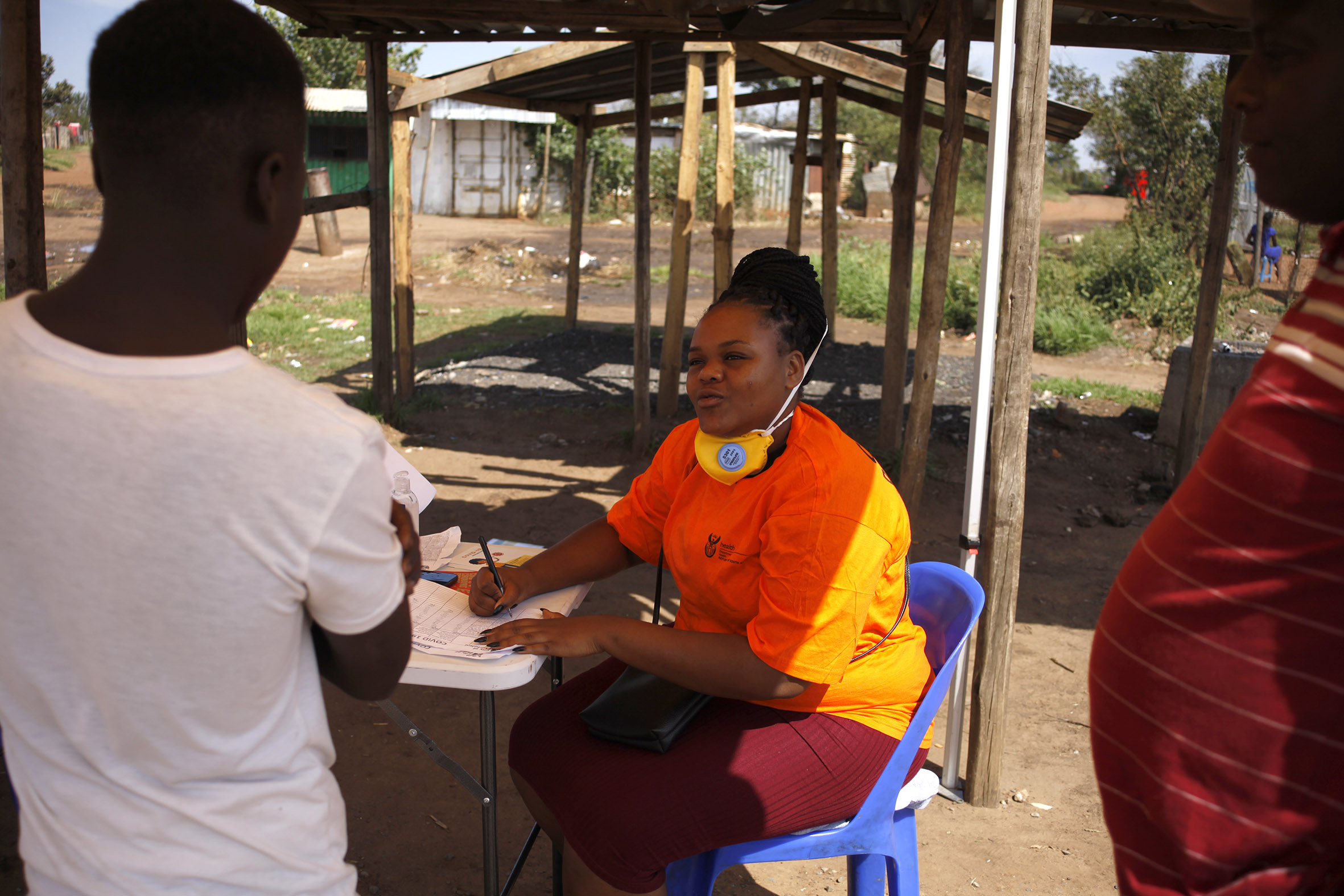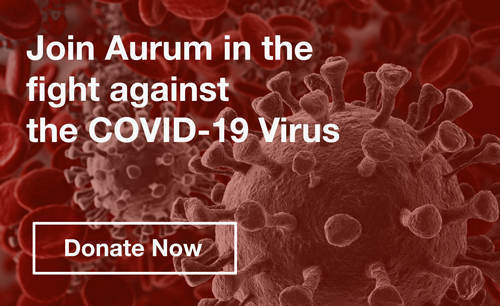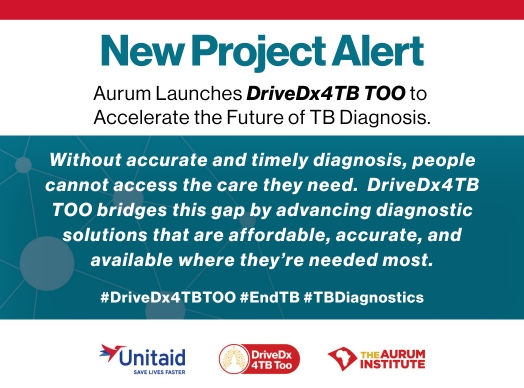As South Africa experiences a surge in the number of COVID-19 cases, the Aurum Institute has released findings of a research study on the knowledge, attitudes and behaviors which could be driving the pandemic.
“While the awareness and knowledge levels about COVID-19 were very high in this study, there were serious myths and misinformation that respondents had about COVID-19,” said Principal Investigator Professor Geoffrey Setswe.
The objective of this Knowledge, Attitudes and Behaviours (KAB) survey was to ultimately make recommendations on a locally tailored behaviour change intervention, to curb the spread of COVID-19. This socio-behavioural survey conducted online with 1200 respondents, assessed their adherence to control measures essential during lockdown. The North West and Gauteng were selected to assess these measures between low (NW) and high (GP) burden provinces between 21 May and 6 June 2020.
Key findings
The survey found that awareness and knowledge about COVID-19 was high, with radio and social media being the most prominent sources of information. However, some still held misconceptions. Almost half of the respondents said vaccines against flu and pneumonia were protective against COVID-19. Others believed eating garlic and gargling or using mouthwash or salty water protect against contracting the virus. Almost a quarter of the respondents believed antibiotics and traditional medicines were effective treatments for COVID-19.
“The World Health Organisation has indicated that there is no evidence to suggest any of the measures prevent or treat COVID-19,” said Setswe.
While the adoption of preventative behaviours were “forced” on the public by drastic government measures implemented under the disaster regulations, the survey found that 87% of the respondents agreed with government control measures and about the same number felt these were sufficient. But more than 80% perceived COVID-19 as a threat to jobs for South Africans. Almost all of the respondents knew that washing hands regularly with soap and water helps to kill SARS-COV2 virus and that wiping down of handles of trolleys or baskets in grocery stores with alcohol-based sanitizers will reduce chances of getting infected. About 96% knew that avoiding touching the eyes, nose and mouth with unwashed hands can reduce transmission of COVID-19 and the same number knew that avoiding close contact with those with ill-health, can reduce the chances of getting infected. While 99% said they supported wearing of masks in public, 87% believed it was the most important way to prevent the spread. Between 84 % and 99% also knew that adopting these behaviours prevents infection.
Adoption of positive behaviours
“It was encouraging to see the high levels of knowledge about prevention of COVID-19 as this affects positive attitudes and in turn leads to adoption of positive behaviours,” said Setswe. Study co-investigator Lucy Chimoyi said the survey showed that the hard paternalist intervention by government led to these favourable outcomes. “However, as this eases, development and implementation of behaviour change interventions to ensure continuity of sustainable behaviours is, needed,” said Chimoyi.














